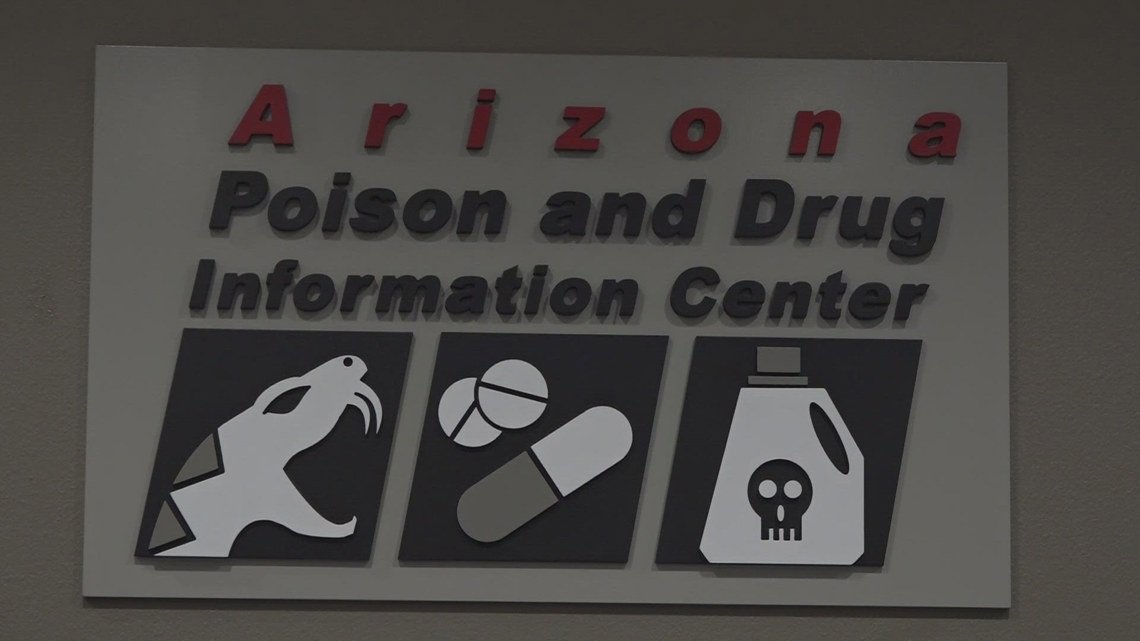animals
Arizona Poison Control Faces Surge of Gila Monster Bite Calls in 2024

TUCSON, Ariz. — Arizona’s poison control centers are witnessing a surge in emergency calls, reflecting the critical role they play in public health. Each year, thousands of residents reach out for urgent assistance due to accidents involving poisonous substances and venomous bites.
The Arizona Poison and Drug Information Center, based at the University of Arizona’s College of Pharmacy, serves most of the state, while the Banner Poison Control Center covers Maricopa County. Together, these centers operate 24/7, handling over 70,000 calls last year alone.
Dr. Steve Dudley, director of the Tucson center, shared insights into the range of emergencies they encounter. “There’s no such thing as an ordinary day,” he remarked. Many callers mistakenly ingest harmful substances, including dangerous chemicals disguised as consumables, leading to serious health risks.
Approximately 60% of these calls originate from homes. The response team often resolves issues over the phone, successfully keeping around 80% of patients out of hospitals. This capacity is especially vital for those in rural regions, where medical facilities may be far and few.
Last year, the centers collectively saved patients approximately $207 million by managing cases effectively, demonstrating substantial economic and health benefits to the community.
Arizona’s diverse wildlife also contributes to poison control concerns. The state is known for its various venomous species, and the centers are prepared for such incidents. “It just always reminds you you’re never quite truly safe in Arizona,” Dudley added, highlighting the constant potential for encounters with dangerous creatures.
Moreover, some poisonings result from emerging social media trends. Recent challenges, including “chroming” — inhaling toxic fumes — pose significant risks, particularly to younger individuals.
Children under five are the most frequent victims of accidental poisonings. Maureen Roland, director of the Banner Poison Control Center, emphasizes preventive measures for parents. “Get down on their level. Make sure cabinets are locked, and medications are kept up and away,” she advises.
For emergencies related to poisoning, the Arizona Poison and Drug Information Center is accessible around the clock at 1-800-222-1222, offering free, expert guidance to anyone in need.
“We’re here 24/7, 365,” Dudley reiterated. “No matter what your question is, we’re here to help.”

















